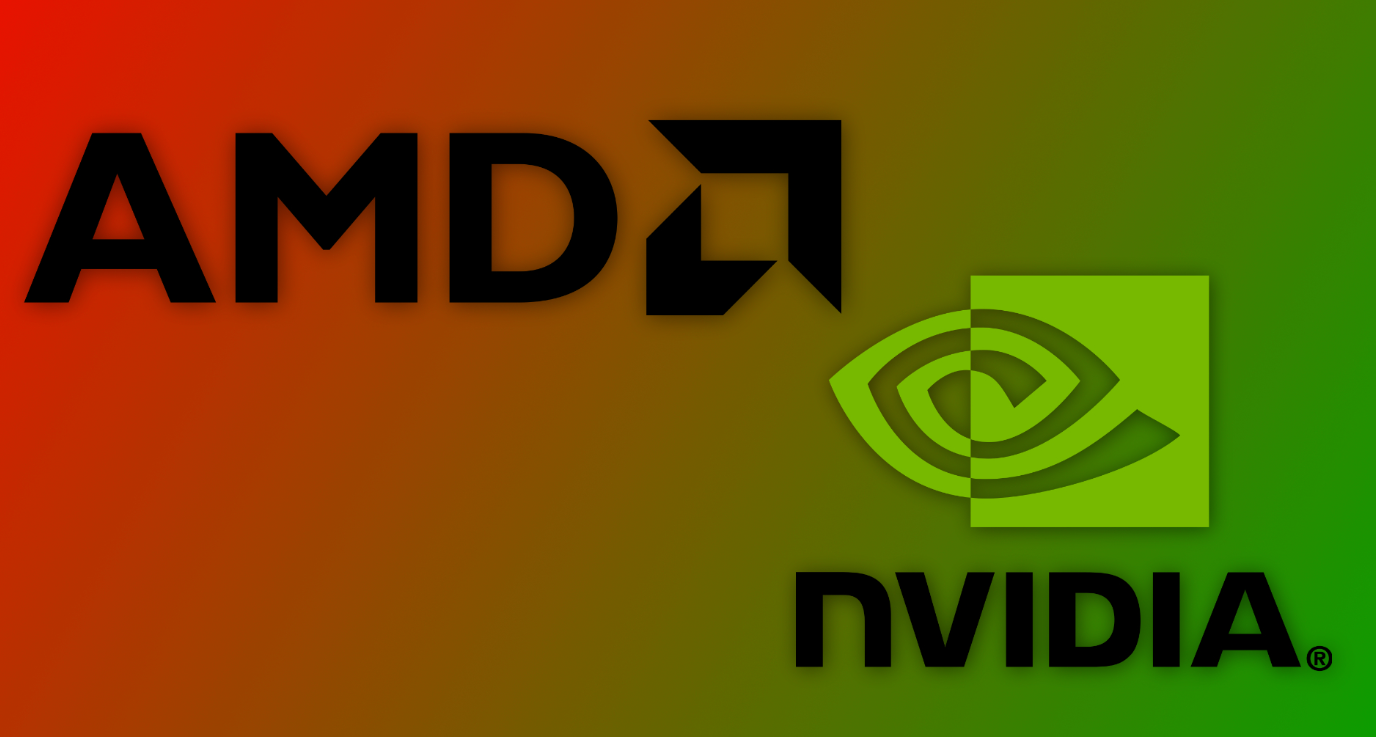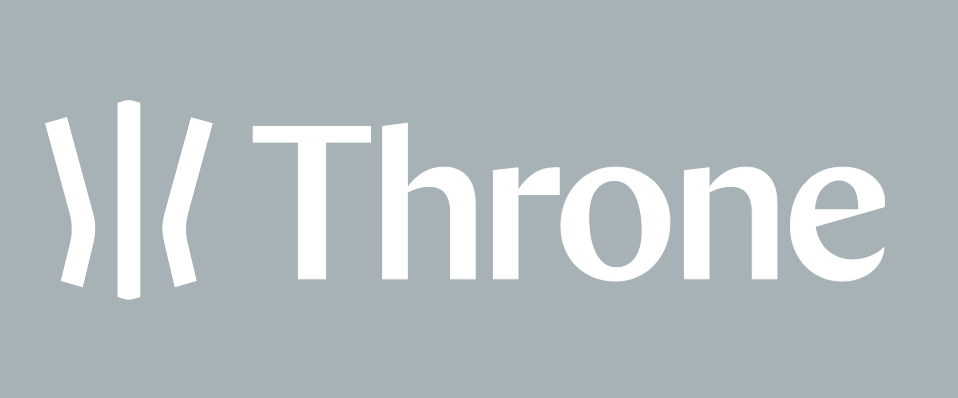Insider Brief:
- IBM Research launched ITBench, an open-source benchmarking tool to evaluate the effectiveness of AI-driven IT automation agents.
- ITBench includes three core benchmarks for Site Reliability Engineering (SRE), FinOps cost management, and compliance assessment, helping businesses measure AI performance in real-world IT tasks.
- The benchmarks provide a standardized evaluation by testing AI’s ability to manage system alerts, optimize costs, and assess regulatory compliance with accuracy and efficiency.
- IBM aims to shift IT automation from reactive to proactive, enabling AI agents to anticipate and prevent failures, with plans to expand ITBench to additional IT automation domains.
PRESS RELEASE — In a recent announcement, IBM Research introduced ITBench, a new set of benchmarks designed to provide an objective, scientific framework for evaluating IT automation agents. These benchmarks are designed to assess whether AI-driven IT solutions effectively simplify enterprise workflows and improve operational efficiency. ITBench is now available as an open-source tool on GitHub, allowing AI developers and businesses to test and compare the performance of their automation agents.
Addressing the Complexity of IT Automation
The adoption of generative AI in IT operations has been slow despite its rapid advancement in other areas, such as chatbots, programming assistants, and content generation. One major challenge has been the lack of standardized tests to measure how well AI systems handle real-world enterprise tasks. According to Nick Fuller, IBM Research’s VP of AI and Automation, establishing benchmarks is critical for building trust in AI-powered systems: “You need to build trust in the systems. It’s even harder when you don’t have yardsticks to measure against.”
IT environments have become increasingly complex, with companies struggling to manage incident response, compliance requirements, and cost optimization. Daby Sow, Director of AI for IT Automation at IBM Research, highlighted that errors in IT operations can have severe consequences, including data loss and security vulnerabilities: “The IT landscape is increasingly complex, and generative AI is making things tougher. When you make mistakes, you pay the price.” ITBench was developed to help AI practitioners evaluate, refine, and compare IT automation solutions against real-world scenarios.
Key Benchmarks in ITBench
At launch, ITBench includes three core benchmarks to assess AI automation capabilities in IT operations:
- Site Reliability Engineering (SRE): Measures how well an AI agent identifies, diagnoses, and resolves system alerts to maintain system stability.
- FinOps Cost Management: Tests whether AI can optimize IT spending by balancing performance needs with budget constraints.
- Compliance Assessment: Evaluates an AI system’s ability to analyze regulatory changes, assess IT systems for compliance, and provide actionable recommendations.
These benchmarks reflect real-world business challenges. For instance, in compliance assessments, AI agents must interpret complex legal documents, translate them into technical requirements, and check whether an organization’s IT systems meet these regulations. Each benchmark assigns a performance score, helping developers compare solutions based on accuracy, efficiency, and speed.
Standardizing IT Automation Performance with Open-Source Availability
IBM Research developed ITBench using examples from real IT failures, including cases where software bugs caused major operational disruptions. The goal is to help AI engineers, CIOs, and enterprise IT teams assess their AI systems before deployment, reducing the risk of costly mistakes. The benchmarks also encourage a shift from reactive to proactive IT management. IBM envisions future AI agents that can anticipate and prevent IT failures rather than just responding to issues after they occur.
ITBench is available open-source on GitHub, allowing AI developers to test and refine their automation models. IBM Research is also developing additional benchmarks to cover other areas of IT automation.






